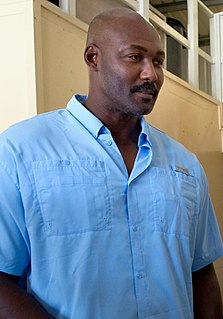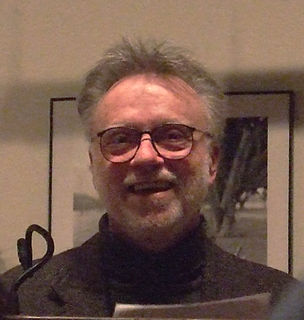A Quote by J. D. Salinger
What really knocks me out is a book that, when you're all done reading it, you wish the author that wrote it was a terrific friend of yours and you could call him up on the phone whenever you felt like it. That doesn't happen much, though.
Related Quotes
What I like best is a book that's at least funny once in a while. What really knocks me out is a book that, when you're all done reading it, you wish the author that wrote it was a terrific friend of yours and you could call him up on the phone whenever you felt like it. That doesn't happen much, though.
I'm still happy with the way Einstein's Dreams came out. That book came out of a single inspiration. I really felt like I was not creating the words, that I was hearing the words. That someone else was speaking the words to me and I was just writing them down. It was a very strange experience. That can happen with a short book. I don't think it could happen with a long book.
Reading a book, for me at least, is like traveling in someone else's world. If it's a good book, then you feel comfortable and yet anxious to see what's going to happen to you there, what'll be around the next corner. But if it's a lousy book, then it's like going through Secaucus, New Jersey -- it smells and you wish you weren't there, but since you've started the trip, you roll up the windows and breathe through your mouth until you're done.
As far as superhero stories, what's appealing is of course that aspect of wish fulfillment. I mean, you start out reading them as a kid, and a couple things jump out at you - there are heroes out there, and you wish you could run into a phone booth and change your life, or be like Peter Parker and put on a mask and become a hero.
Violet said nothing, though big pearly tears, like a child's, trembled at her lashes. She suddenly missed John very much. Into him she could pour all the inarticulate perceptions, all the knowings and unknowings she felt, which, though he couldn't understand them really, he would receive reverently, and out of him would come then the advice, the warnings, the clever decisions she could never have made.
In Africa, when you pick up a book worth reading, out of the deadly consignments which good ships are always being made to carry out all the way from Europe, you read it as an author would like his book to be read, praying to God that he may have it in him to go on as beautifully as he has begun. Your mind runs, transported, upon a fresh deep green track.
I told him that I loved him and that I'd always love him and I felt like a child who throws a centavo into a fountain and then she has to tell someone her most extraordinary wish even though she knows that the wish should be kept secret and that, in telling it, she is quite probably losing it. He replied that I was not to worry, that the penny could come out of the fountain again and again and again.
Coolidge liked the dignity of the presidency. He didn't get on the phone easily. It's possible that he banished the phone from his desk. He was known to use it from time to time. The person who was hilarious with the phone was Hoover. He was a real engineer. He made a closed circuit phone where he could call the important people and they could call him, a government hotline, but it was closed. He shut out the possibility of input from people he didn't expect to get input from.




































